~ Personally, I began rather drastically over 50 years ago by cutting out not only all meat or flesh foods, but milk, eggs, butter, tea and coffee. Cheese I have never eaten; indeed I hate the very smell of this decayed milk. Next, I adopted a diet of nuts, fruit, cereals and vegetables. On this Edenic fare I lived for some ten years, and found that my health and strength were greatly improved. Probably this was also because I lived more in the fresh air and closer to Nature. ~
Dugald Semple – one of the Founder members of The Vegan Society with Donald Watson.
———
(This next article was written c. 1963 and was first published in the booklet – Here’s Harmlessness – compiled by H. Jay Dinshah – published by The American Vegan Society. Dugald’s article was Chapter 9 of this little book – more about this below.)
LIVING THE SIMPLE LIFE
Dugald Semple
It is now sixty years since [around the turn of the century] I began to live the simple life in an old bell tent amongst the peat bogs at Linwood Moss. Soon afterwards, I added an old Paisley bus for the winter months, so I had one room with walls of cloth and the other with as much glass as wood – twelve windows in a wooden house on wheels! At that time I was working as a draftsman in an engineering shop at Linwood, and through camping during my summer holidays had a longing for freedom and a more natural mode of living. It seemed to me that so-called civilization was all wrong which compelled folks to work so hard most of the year that they could only get a few weeks’ rest at Fair time. It was “getting a living”, not “living”.
After a short stay at the Moss, I was in love with the open-air life, even though it was mostly during weekends. The birds were such friendly companions, and I believe the rabbits thought I was playing at a “wee hoose” But O dear! the crowds which came to see me on Sundays were no small problem, especially after the newspapers sent thousands to see “The Hermit Of Linwood Moss.”
Truly, it was most embarrassing, especially as I was still following my occupation as usual. Unfortunately, the crowds caused my removal to Bridge Of Weir, where I camped on the banks of the River Gryfe. Here I began my first attempts at writing to the press, largely through the influence of Neil Munro, who wrote a very interesting article about “A Wild Flower By The Gryfe”. The Paisley Gazette helped me considerably by appointing me reporter for the tanning village, and publishing a series of articles about my “Simple Life Visitors” which was later published in book form.
Soon afterwards I left the engineering and stayed at Goldenlea near the Ladeside for about nine years. Then I went caravaning and gave lectures in villages along the West of Scotland chiefly. During the First World War, I was lecturer at the Food Economy Exhibitions in London. Next, I went with my wife from Kilmarnock to work a little fruit farm on the hills near Beith, continuing also for many years as a nature writer to the Glasgow Bulletin. Now I live in the pretty little village of Fairlie, but in summer stay a good deal by the shores of Kintyre, where I take photographs and write books on my open-air life.
How I Live-
I am an early riser, as the postman said the other morning when he saw me shaking my blankets outside at 6:30a.m. My first occupation is to wash myself from head to foot with cold water, then dress quickly, boil some water from the village water supply to evaporate the chlorine gas, and then take a warm lemon juice drink. Next I usually go for a little run or walk by the seashore. Of course, I look too for any driftwood which will keep the home fires burning.
My first meal is about 8 a.m., when I eat an apple or pear, finishing with a little dish of soaked raisins or other dried fruit. Then I deal with my correspondence and get busy writing until about noon. It is then time for dinner, which usually consists first of a few ounces of flaked nuts, a large helping of raw salad, baked potatoes in their skins, and to finish, a few dates or prunes with nut cream. After dinner I rest a little or read the papers, then do some work in the garden for most of the afternoon.
When the weather is fine, I make for the seashore and perhaps take some nature photos. On other days I go for long walks to study nature or to visit friends. My last meal is about 5:30p.m., when I take a light salad meal – more green leaf than root vegetables – with perhaps a baked potato and nut butter. Occasionally I take an entire fruit meal. I never drink at meals, but take a little cold water or orange juice when thirsty, as at first thing in the morning. During the evening I write or read a little, go for a short walk or tune in to the wireless. Bed time is at 9:30, except when I have to give lectures. I try to get my best sleep before midnight. The above may seem somewhat austere to many people, but I am no ascetic and hope to show that I enjoy to the full my simple way of living.
With regard to the cost of my food-reform diet, I find that this need not be too expensive, provided one can grow most vegetables and some bush fruit. One must also get to know something about food values. Personally, I began rather drastically over 50 years ago by cutting out not only all meat or flesh foods, but milk, eggs, butter, tea and coffee. Cheese I have never eaten; indeed I hate the very smell of this decayed milk. Next, I adopted a diet of nuts, fruit, cereals and vegetables. On this Edenic fare I lived for some ten years, and found that my health and strength were greatly improved. Probably this was also because I lived more in the fresh air and closer to Nature.
While I was in London (during World War I), I found it necessary to add some dairy products to my meals, but on returning to Scotland I gradually eliminated these again. During these few years I have discovered that an uncooked diet of nuts, fruits, raw cereals, and salad vegetables, is best of all. Cooked food is dead food, and leads not only to overeating – the chief cause of disease – but as in the case of hot tea and coffee, merely stimulates instead of nourishing the body. The only food, practically, that I cook is the potato; and that is because I can control so easily its composted growth in healthy soil.
Health And Happiness-
What, then, have I to say after all these years of living close to Nature? I have never regretted the day I tried to simplify my life by following the Light Within. It has not only brought me more health and happiness but enabled me to be of more service to others. Since I left the towns to live in the country, life has become brighter for me every day. To know and feel that there is only one life which manifests itself in the seen and unseen is the guiding star that has helped me all these joyful years.
All life is one. I would plead therefore for a more beautiful way of living, a more humane science, and a better understanding of what is meant by progress. The gist of my philosophy of living is that each one must grow from one’s own stem. The Light Within is free and applicable by all. The simple life is a principle which each one must apply according to one’s own capacity. Personally, I have no creed, system, or teaching, because I feel that I must always live by the inspiration of the moment.
As to my future, I live in faith that what has kept me so well and happy all these years will never fail me. If, indeed, we say it in our hearts – meaning it – that life is love and love is life, there can be no higher solution to all eternity.
———
The 3 Linwood Moss photos are taken from Dugald Semple’s books –
Joys of the Simple Life – 1916
Joy in Living – 1957
———
Our last blog post about Cathie & Dugald Semple.
We are very happy that the Wikipedia page for Dugald now links to our post as a main source of information!
———
One of Dugald’s autobiographical books –
Joy in Living – from 1957
Beneath this is our favorite ‘page’ of – Joy in Living.
Dugald wanted his books printed & reprinted freely!
———
———
This is our, very battered, circa 1964, copy of Here’s Harmlessness – compiled by H. Jay Dinshah – published by The American Vegan Society – Dugald’s article – above – was Chapter 9 of this little book.
H. Jay Dinshah’s ‘mood’ about ‘veg-an-gelizing’ / republishing vegan texts was so similar to Dugald’s.
———
———
The Ernest Bell Library is actively preserving & sharing: –
-
items related to veg(etari)an products.
-
veg(etari)an books & other publications.
-
items related to veg(etari)an organisations.
-
items related to veg(etari)an businesses.
-
items related to animal rights organisations.
-
animal rights publications.
-
items related to humanitarian organisations.
-
humanitarian publications.
-
items related to rambling clubs run by members of the above groups & related publications.
If anyone would like to help by either Adopting or Sponsoring items in the library, please be in touch.
We are working seriously on cataloging the collection, as & when funds are available.
———
If anyone would like more information, please send an email to: –
humanitarianleague (at) outlook (dot) com
– or message me through HappyCow –
https://www.happycow.net/blog/author/JohnnySensible/
———

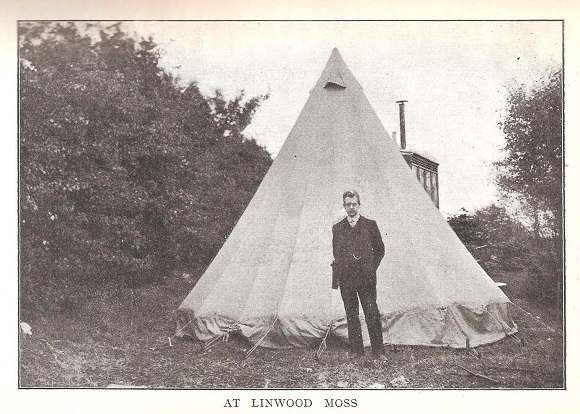
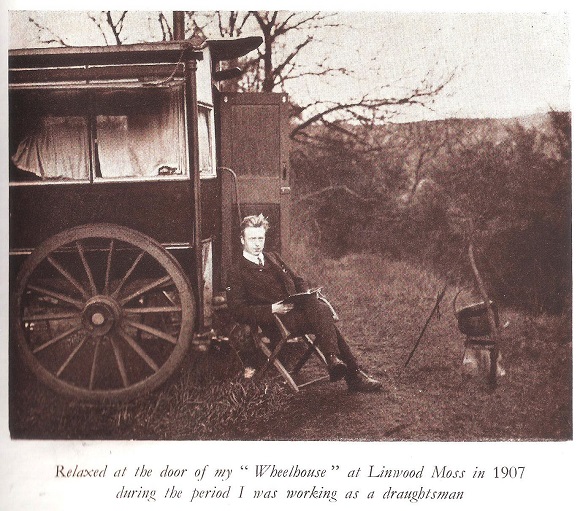
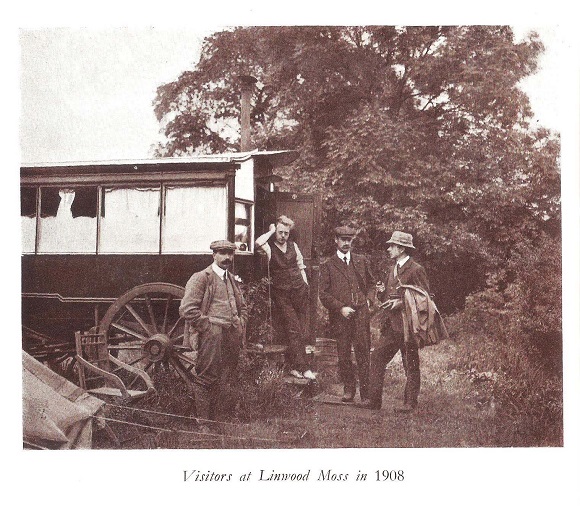




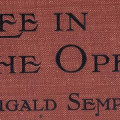
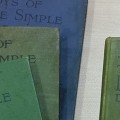
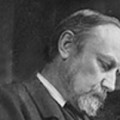
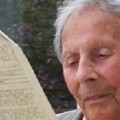
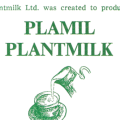
No Comments